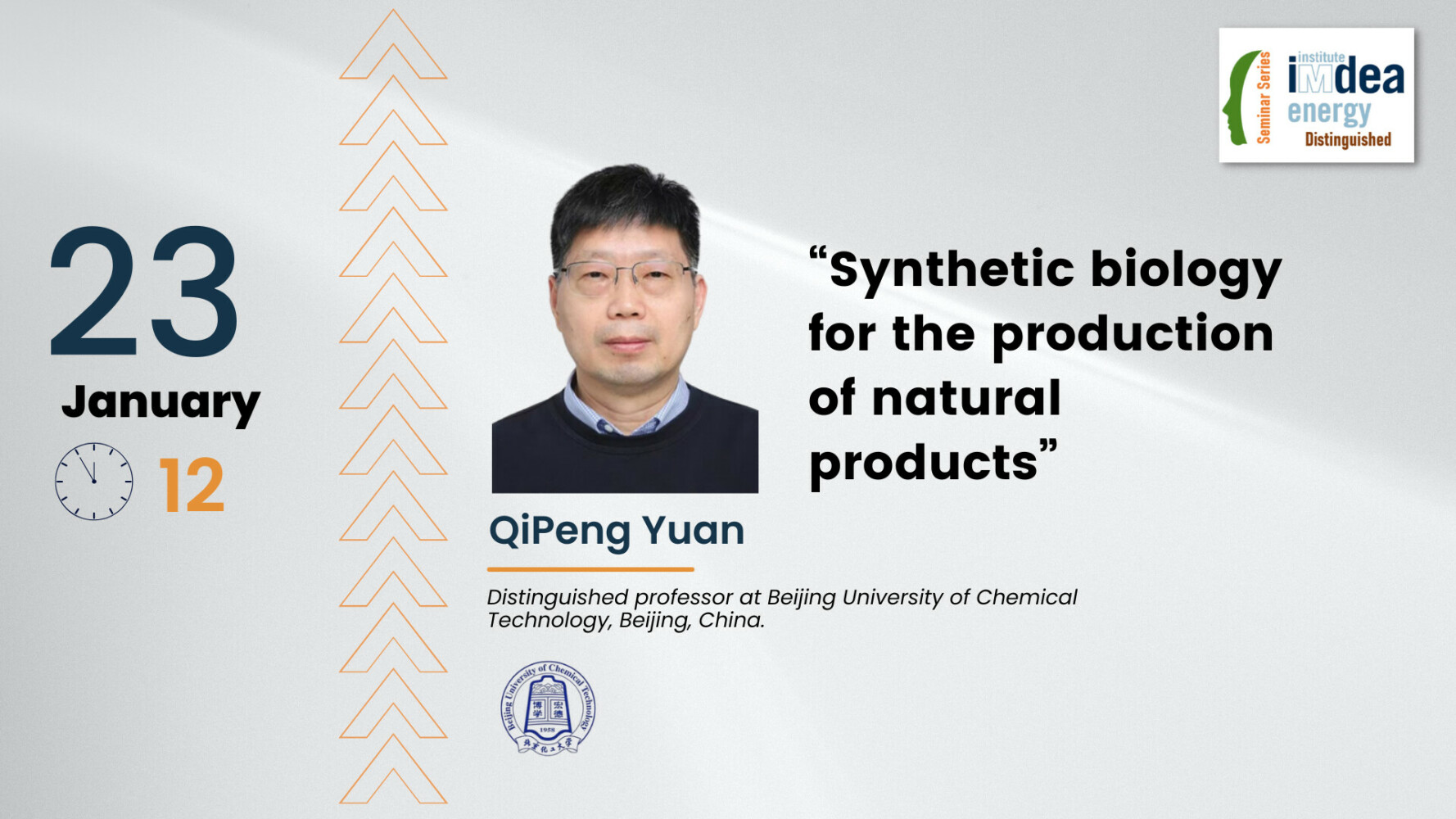Distinguished seminar: “Synthetic biology for the production of natural products”

Short Bio:
QiPeng Yuan
Beijing University of Chemical Technology, Beijing, China
Prof. Yuan is a distinguished professor of the Changjiang Scholars Program, the recipient of the 11th China Youth Science and Technology Award and one of Beijing’s “Top 100 Leading Talents”. His primary research areas include synthetic biology and metabolic engineering, large-scale production of high-purity natural products, and bioactivity research. In recent years, he has undertaken key R&D tasks funded by the Ministry of Science and Technology, major and general projects from the National Natural Science Foundation, provincial and ministerial projects, and industry collaborations. As the first or corresponding author, he has published over 260 SCI papers (cited more than 17,800 times, H-index: 66) and holds more than 60 patents, including PCT and Chinese invention patents.
Abstract:
Synthetic biology for the production of natural products
The massive consumption of fossil resources and the development of the chemical industry have driven progress of human civilization, but they are facing a series of problems such as unsustainability and environmental pollution. Bio-manufacturing of chemicals is a promising solution to achieve sustainable development, of which construction of artificial efficient cell factories is the core and it will greatly promote the development of the bioeconomy. This report introduces current scientific and technological issues and challenges in the construction of cell factories. It elaborates on the new technologies and strategies for efficient cell factory construction from the perspectives of exploring new functions of enzymes, discovering new biochemical reactions, designing and constructing non-natural pathways, creating metabolic driving forces, establishing stable self-regulating co-culture systems, and dynamic flux regulation by quorum sensing. Taking the biosynthesis of dencichine and acetaminophen, and the industrial application of arbutin and inositol as the examples, it provides reference for the green manufacturing of chemicals and demonstrates the infinite potential of synthetic biology.
The event is finished.
Date
- Jan 23 2025
- Expired!
Time
- 12:00 - 14:00
Location
- Auditorio IMDEA Energía


